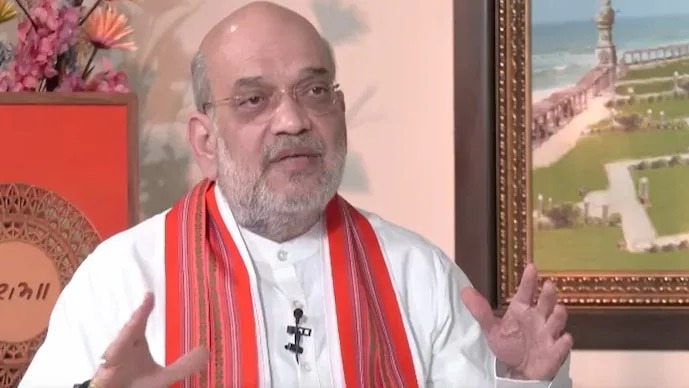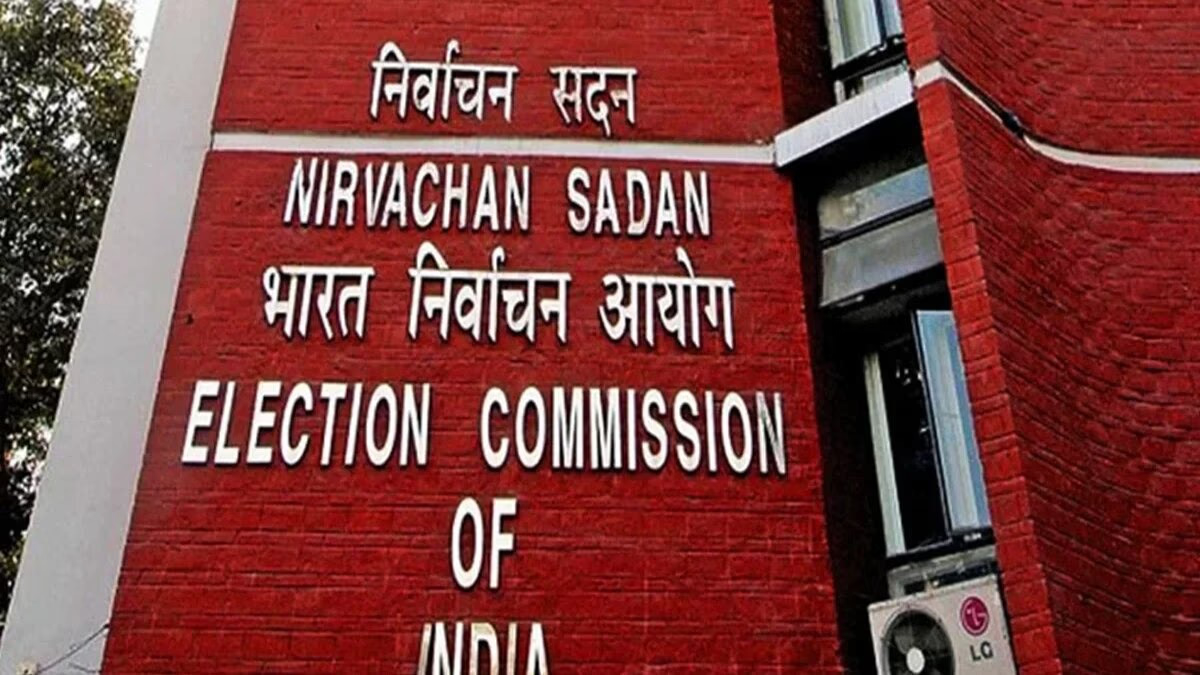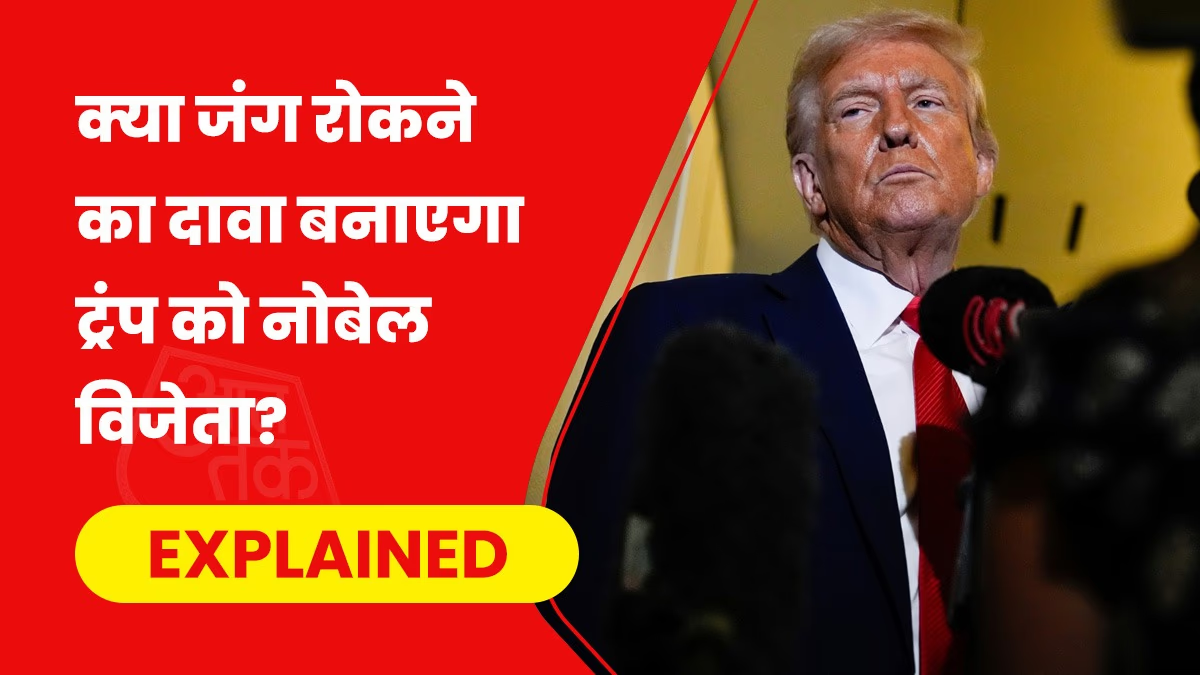The political storm that followed Congress leader Sam Pitroda's statement has intensified. Home Minister Amit Shah accused the Congress of being exposed. He argued that Pitroda's statements reveal his significant role in crafting their manifesto. Shah commented, 'When Modi brought up this matter, the entire Congress, including Rahul Gandhi and Priyanka Gandhi, were forced on the defensive. I believe Congress will retract this from their manifesto. The public should take Sam Pitroda's statements seriously.'
Shah added, 'Today, Pitroda's statement has made the Congress' objective clear. Initially, their manifesto's mention of a 'survey' paralleled Manmohan Singh's legacy statement—that minorities have the first right over the nation's resources—and now Pitroda suggests discussing the redistribution of wealth, citing America as an example.'
Read This:
Congress Aims to Allocate Private Properties to State Treasury
Pitroda, referring to America's policies, stated that 55 percent of an estate goes to the state treasury. He clarified Congress' intentions saying they want to survey private properties to place them in the state treasury and then distribute according to UPA's past decisions. 'One must seriously consider Sam Pitroda's statements. They clearly reveal his genuine intentions, and people need to be aware...' he explained.
Sam Pitroda's Take
Senior Congress leader Rahul Gandhi had stated in a recent statement that if elected, their government would conduct a survey to ascertain the extent of property ownership. When Pitroda was queried about this, he drew a parallel to the inheritance tax in America. He mentioned that in the US, if someone possesses a $10 million estate, 45 percent is transferred to the heirs while 55 percent becomes state property upon death. He found this law interesting, arguing that one should leave half their property to the public after their passing. However, he acknowledged that India has no such provisions, stating that entire estates pass to children here, leaving nothing for the public. He believes these discussions are necessary to frame policies that benefit the public, not just the wealthy.




